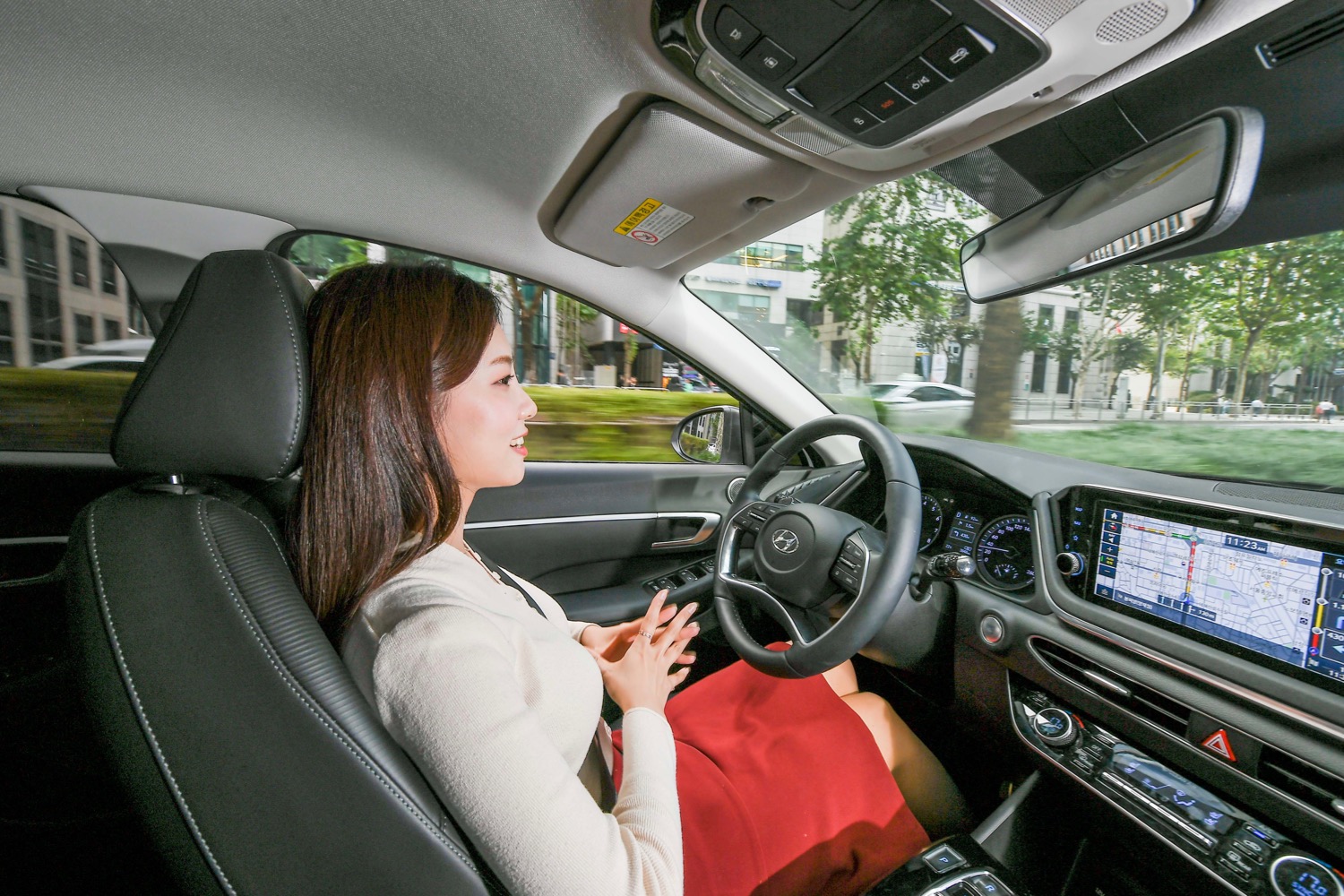
Many new cars feature adaptive cruise control, which can automatically accelerate and decelerate on highways depending on what the car in front of you is doing. But Hyundai claims to be upping the game with its latest system. In what the automaker claims is a world’s first, Hyundai is using machine learning to analyze a driver’s behavior and attempt to copy it with the adaptive cruise control system.
Thanks to machine learning, the system can drive in an identical way to a human driver, according to Hyundai. This is supposed to create a more personalized experience; presumably, drivers will be put at ease if the car does what they would do in a given situation. Or maybe it will just expose a person’s bad driving habits.
Hyundai claims the machine learning-based system will allow for greater fine tuning than current adaptive cruise control systems. While these systems typically allow drivers to adjust speed and following distance using steering wheel controls, machine learning will allow for even greater adjustability, according to Hyundai. The system analyzes three main factors: Following distance, the rate of acceleration, and how quickly a driver responds to changes in speed. The actual speeds a driver chooses, as well as general road conditions, are analyzed as well, according to Hyundai.
The system knows, for example, that a given driver follows cars more closely at slow speeds in stop-an-go traffic than at high speeds while cruising in the left lane, according to Hyundai. Onboard sensors can distinguish more 10,000 patterns and will regularly update the system based on the driver’s latest behavior, according to Hyundai.
Hyundai said it plans to offer this adaptive cruise control system in upcoming production models, but didn’t give any other specifics. The automaker is working to combine adaptive cruise control with automated lane changing, similar to Tesla Autopilot. Hyundai believes this will allow the driver to take their hands off the wheel in certain situations, while still paying attention to the road. That would put Hyundai’s system on roughly the same level as Cadillac Super Cruise and the latest version of Nissan ProPilot Assist. Hyundai believes this will be a stepping-stone to fully autonomous cars.


